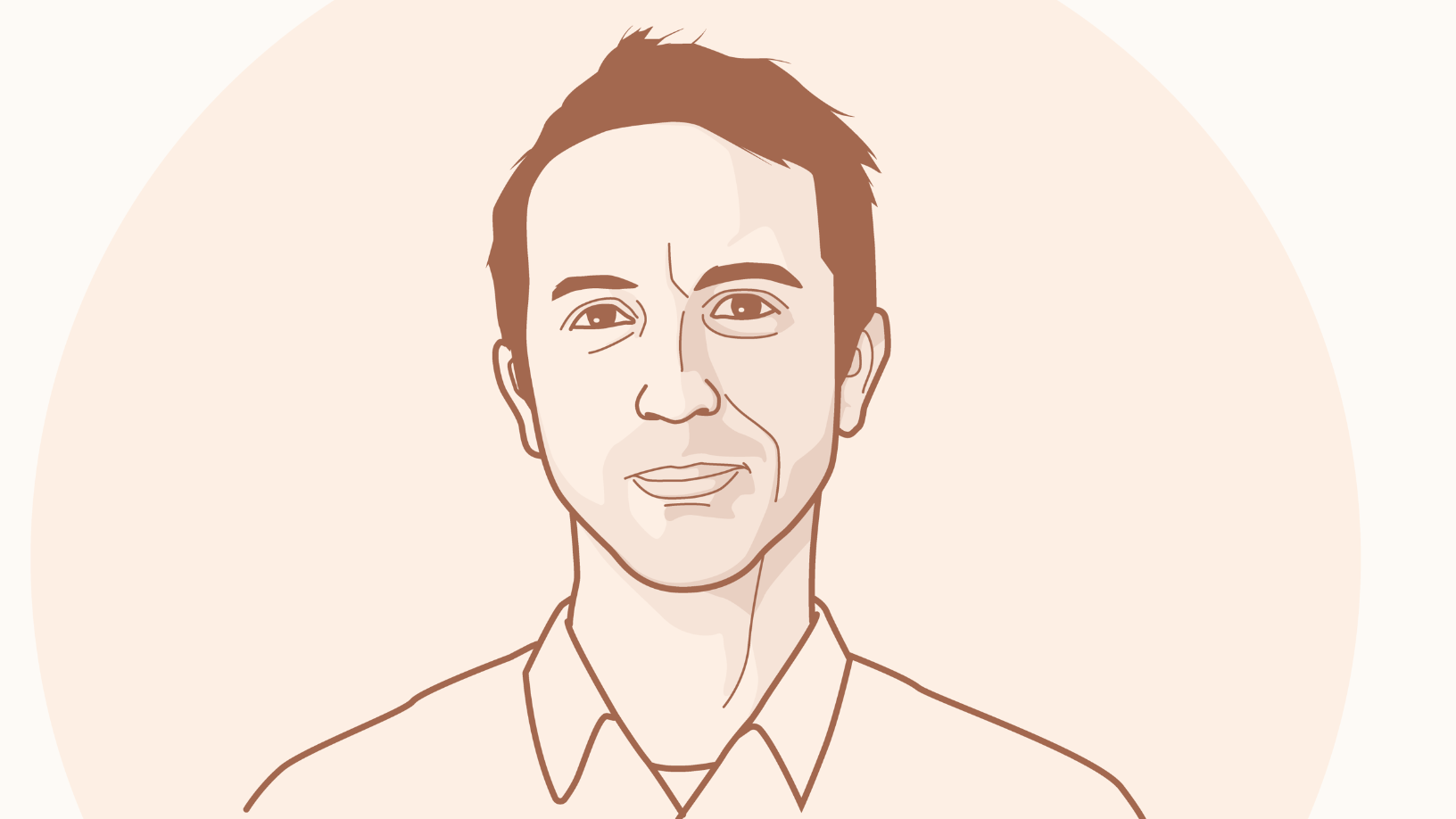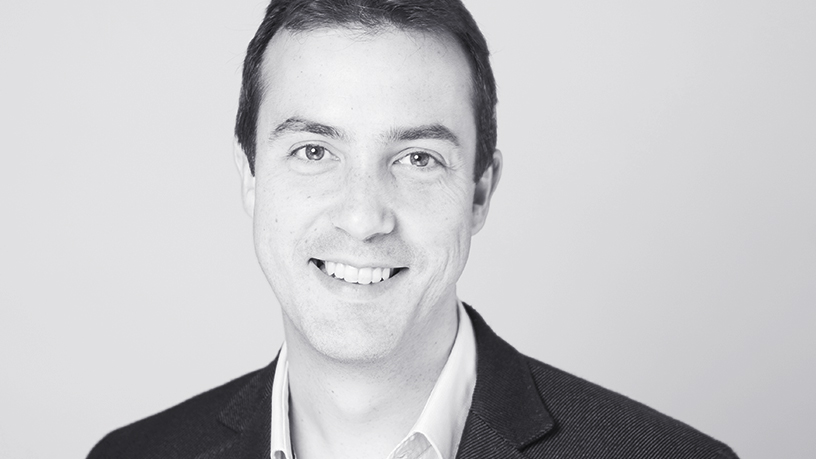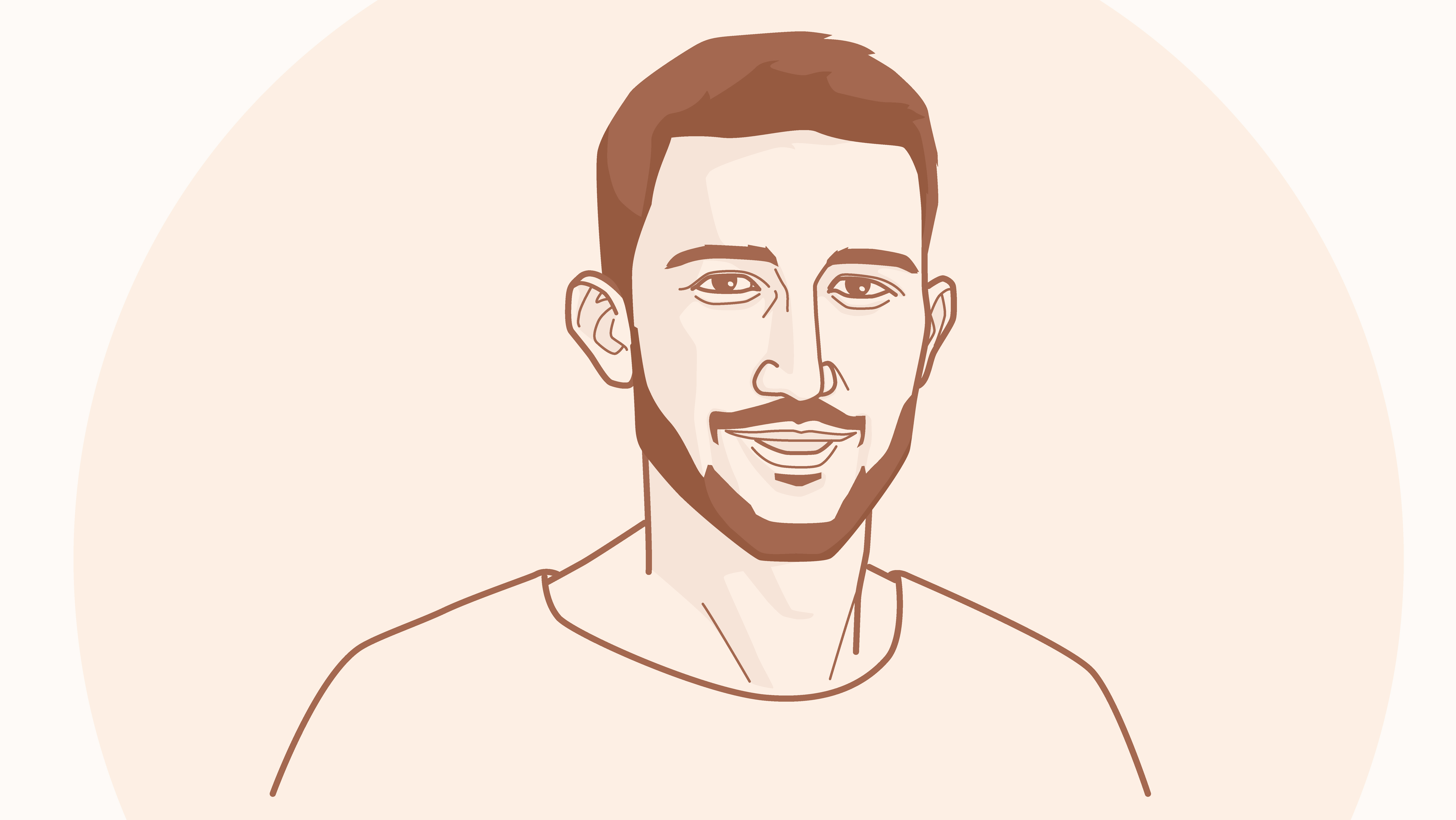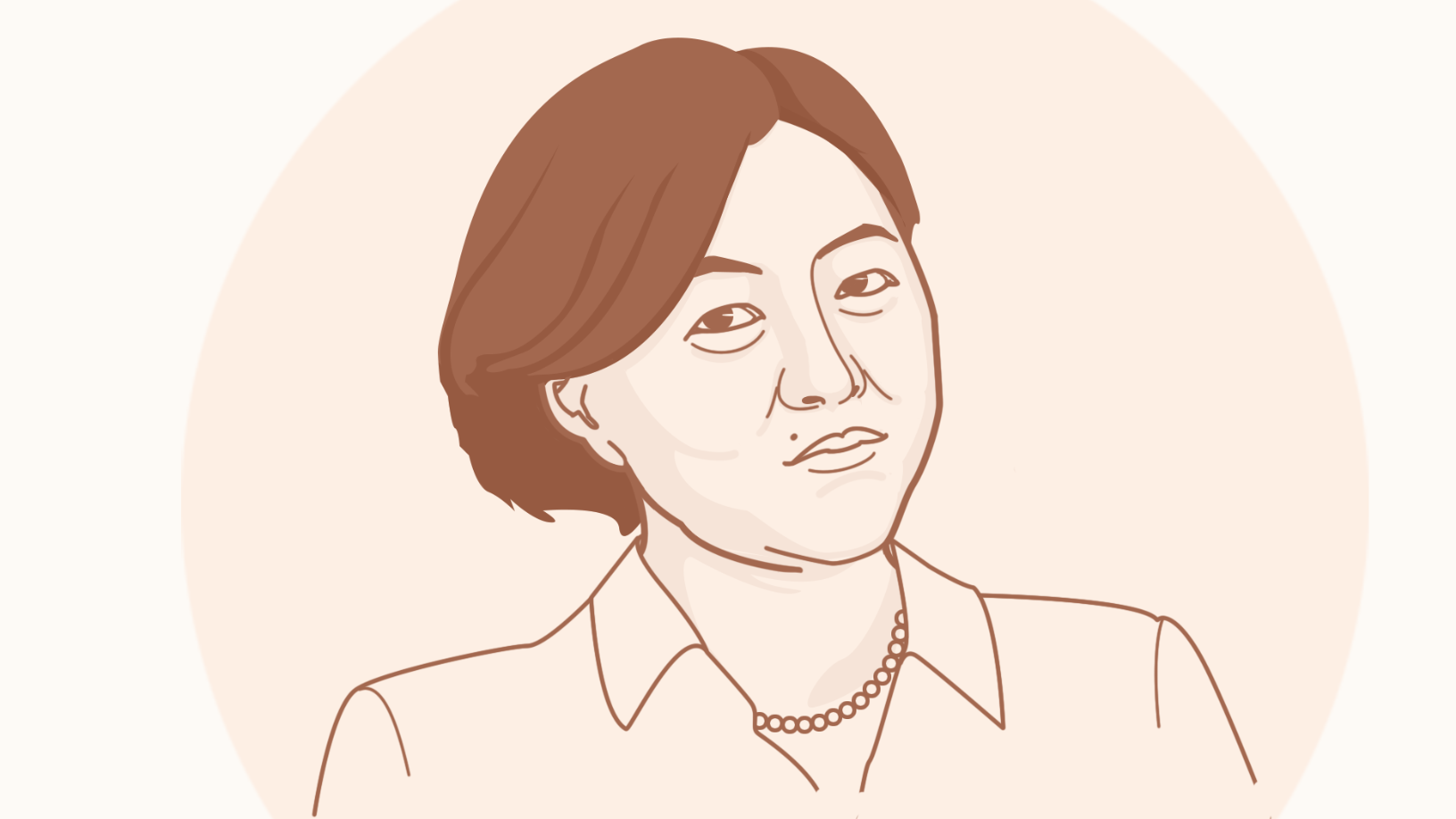Founded in 2015, Capital Cell was the first European platform for equity crowdfunding in biotechnology and health startups. With nearly €15m in investments from 35 funding rounds, the company today counts 7,000 registered investors, making it one of Spain’s biggest health-tech private investment networks.
Capital Cell CEO and founder Daniel Oliver believes that one of the fundamental problems for biotech companies is access to funding but for investors putting their money into biotech and health solutions, it is not the same as investing in SaaS or e-commerce. It requires know-how that many investors do not have, which increases the overall investment risk.
“Since 2008, biotechnology has been one of the most profitable sectors,” said Oliver, who refers to his company as the “Facebook for biotechnology companies of the future.”
To reduce investors’ risks, Oliver has built an investment-grade platform that analyzes and shortlists startup projects with the greatest potential with the support of a global community of scientific experts. By validating the science behind each investment and facilitating communication between private investors and entrepreneurs, Oliver provides access to the capital that biotech startups need.
The year 2019 was a record in Europe for biotech investments with $3.3bn poured into the sector – 35% more than the previous year, also a record. Oliver has been able to not only anticipate biotechnology trends but has also been spurred by the sector’s momentum in the past two years. Capital Cell accumulated €6.5m in investor funds in 2019.
Doubling down on crowdfunding
Oliver had worked in crowdfunding projects prior to Capital Cell. From 2014–2016, he was CEO and President of the Spanish Crowdfunding Association. In 2013, he founded Creoentuproyecto.com, which was originally built as a wide-ranging equity crowdsourcing platform but later evolved into a technological consulting firm with custom-made crowdfunding investment solutions.
Creoentuproyecto.com broke the crowdfunding investment record in Spain when over €3.6m was raised from 5,593 investors in a campaign launched by the former director of the Spanish newspaper El Mundo, Pedro J. Ramirez, who used the capital for his new digital media portal El Español. Until then, the largest amount of capital raised through crowdfunding campaigns in Spain had been €680,000 that was invested in a board game company.
Backed with extensive know-how and hands-on experience in million-dollar crowdfunding campaigns, and first-hand experience seeing the difficulties scientists faced to raise funds, Oliver spotted a new business opportunity in the biotechnology niche.
With Capital Cell, Oliver wanted to help biotech entrepreneurs, who typically get stuck in the pre-seed and seed stages of fundraising, when specialized VCs are not yet part of the game and investors lack sufficient technical and scientific know-how to bet on biotech businesses. Capital Cell draws on the expertise of 1,600 scientists from several countries to review and recommend projects with the most potential.
"Anyone with a good presentation and application can raise capital, but people with a lot of experience, who had a project to develop a drug against Parkinson's, couldn't get a single euro," he said.
Springboard to biotech success
To date, Capital Cell has crowdsourced fundings for 39 companies. Among its more successful backings are female fertility-focused health startup Oxolife, which raised a total of €5m, of which over €1m came from Capital Cell’s investors.
Others include, ZeCardio Therapeutics, a biopharmaceutical company dedicated to the discovery of drugs for cardiovascular diseases, which was crowdfunded with €800,000 from 400 investors, and Ability Pharma, which raised more than €1.2m through Capital Cell, with additional backing from the European Investment Bank and other public and private sector investors. Capital Cell invests about 25% of its turnover in all the companies listed on its platform.
Biotech investment trends in 2019 showed that investors are increasingly favoring biotech companies in their early-stage, avoiding market bubble risk and aiming at potentially higher returns. These types of investments are suitable for diagnostics and digital health startups in their seed and pre-Series A stage seeking funding under €2m – startups within Capital Cell’s radar.
Oliver does not want to compete with VCs, which typically come in at the scale-up and growth phases, but believes that Capital Cell can complement the larger funds. He also thinks that entrepreneurs in the biotech sector, which has been profitable since 2008, are finally being granted a springboard for their projects and a continuum in their funding.











